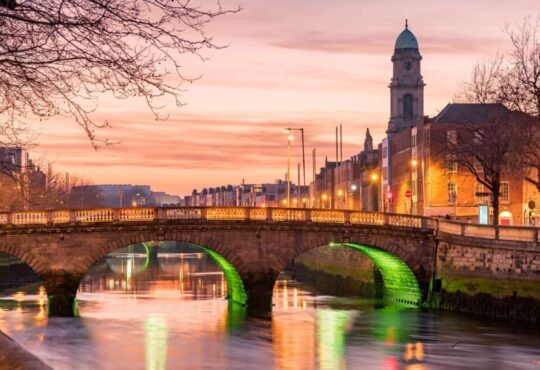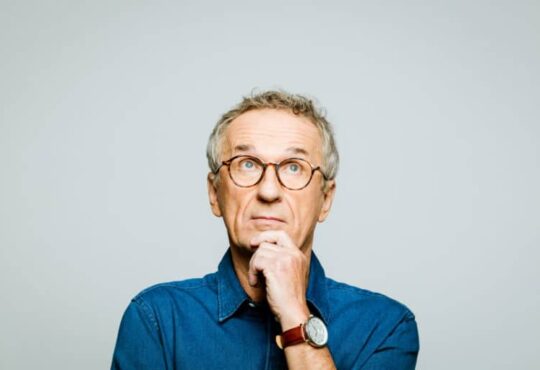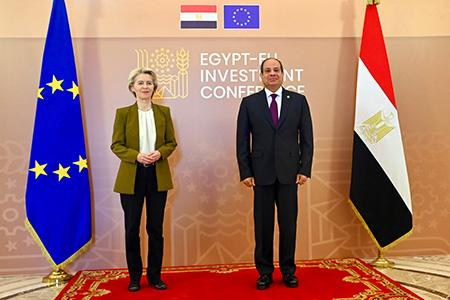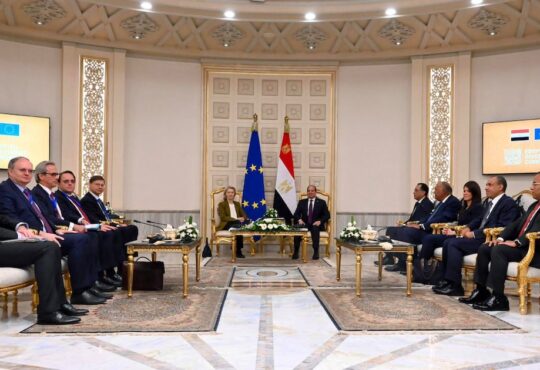
New Zealand businesses could help Ukraine rebuild its economy after Russia ends its war on the country by investing in its food processing industry, its information technology sector and green energy, says Ukraine’s ambassador to Australia and New Zealand, Vasyl Myroshnychenko.
Myroshnychenko is due to address potential investors at an event hosted by NZ Private Capital in Auckland on Tuesday.
He made clear that Ukraine isn’t expecting investors to be getting the cheque books out right now.
“My purpose is very simple; to get them interested and thinking about the future, and also to build the contacts and networks to keep them up to date about the developments.
“So many people who I have met in New Zealand really want to support Ukraine and they are looking for an opportunity.”
The war will be over eventually, and when it is, Ukraine will still be a nation of about 40 million people heading towards EU membership, he says.
“It’s a huge market in itself, and we can be a production hub for companies to cater to the EU market, which is 500 million people.”
Myroshnychenko believes that Ukraine will be attractive to institutional investors such as pension funds that could invest in funds directly involved in the rebuild.
“Five years from now, there will be opportunities for them to co-invest with other institutional investors from Europe and elsewhere in big airport and ports developments, which would also receive additional guarantees from the EU or individual governments.”
He also sees opportunities for direct investment in primary industry.
“We have lots of agricultural production, but what is missing is food processing, and on meat production we also kind of lag behind.
“You have some of the ‘best in the world’ in terms of producing lamb and dairy products and you have investors who might be interested in doing that in Ukraine.”
Ukraine has a very-well developed technology and software development industry and there will be also lots of opportunities there, he says.
“For now I just want to get Ukraine on the radar of those potential investors.”
The EU, United States, World Bank and the Ukrainian government had originally estimated that the country would need about US$411 billion (NZ$674b) of investment over a decade to rebuild its damaged infrastructure.
But Myroshnychenko says that estimate is now several months old and was made before Russia destroyed the Kakhovka dam and then targeted its grain export infrastructure in and around Odesa.
“The damage is done continuously, and it just adds to the cost of rebuild.”
Despite that, Myroshnychenko says Ukraine has been developing a plan for its rebuild for about a year.
The current assumption is that about two-thirds of the funds would come from public sources, such as foreign governments, and about a third from private investors, he says.
He also expects international institutions may help establish an insurance scheme to protect investors against losses that might follow from a resurgence of the Russian aggression.
“Even when the war is over, we will have to talk about guarantees for businesses, and what kind of war insurance investors can get.”
Some of the cost of the rebuild could be covered by about US$300b of Russian central bank assets that were frozen by western governments following its invasion.
“We still believe there is an opportunity to tap into the sovereign assets of Russia which are now sitting in foreign jurisdictions.”
Another idea is a tax on Russian exports after the war, such as oil, that could be remitted to Ukraine as reparations.
New Zealand has applied a 35% tariff to imports from Russia as part of its package of sanctions.
Myroshnychenko says an ongoing tariff is not something he believes has been discussed with the New Zealand government at this stage.
“I think it’s more of a global discussion.”
He brushes off the concern that a regime change in Russia and an end to the war could be harder to achieve if that came with a big bill for ordinary Russians in the form of reparations.
“We hope Putin’s dictatorship will collapse once it becomes clear that his objectives have not transpired, and led to the deaths of 250,000 Russians and huge damage to the reputation of the country.”






